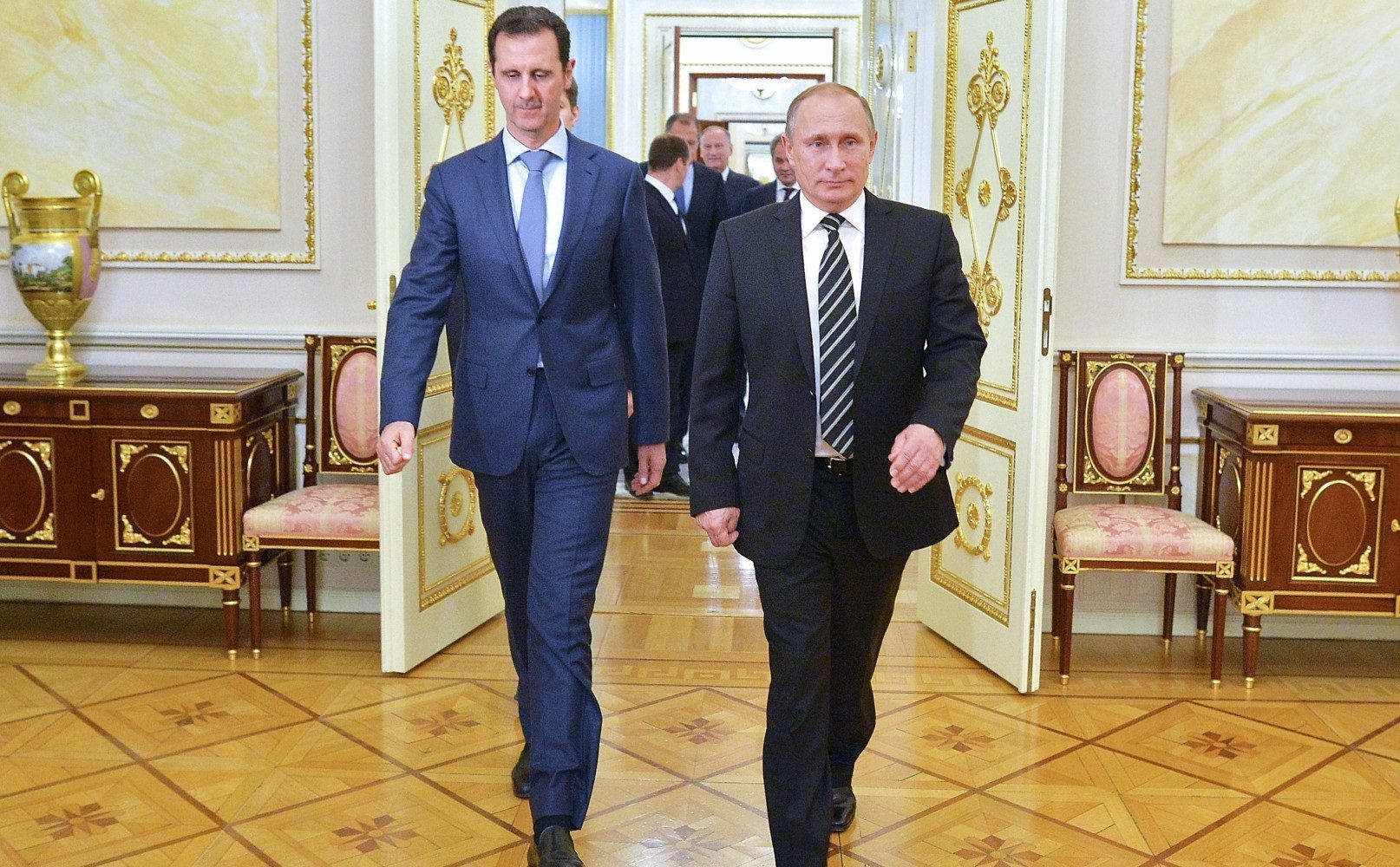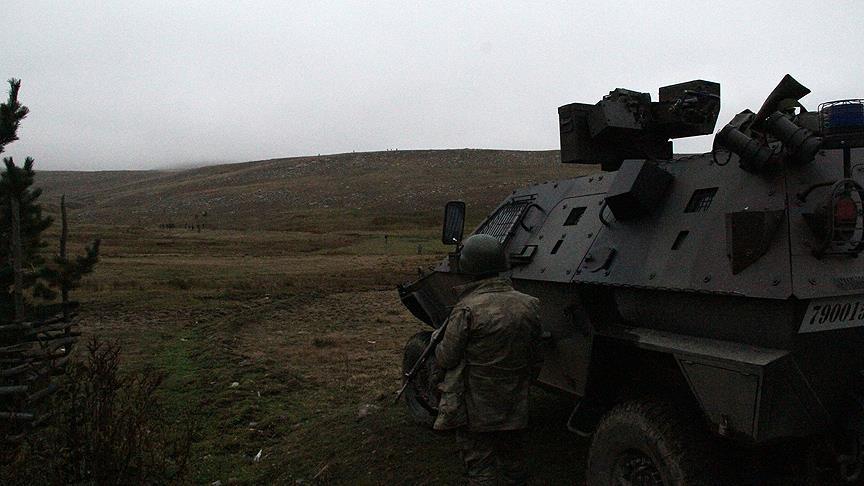
 BY: ÇETİNER ÇETİN *
BY: ÇETİNER ÇETİN *
The exacerbating problems between Qatar and Saudi Arabia, and between the UAE and Bahrain can be put in a nutshell by referring to Iran and the growing rapprochement with it. Moreover, this is taking place just as U.S. President Trump has formed a Sunni alliance against Iran, and Riyadh has hosted three summits to establish and lead it. Things are becoming complicated in the Gulf countries. What risks do lie ahead of Turkey and the Kurdistan Regional Government (KRG) while this period of turbulent days is approaching?
It is not a new situation for Qatar to act outside the Gulf triad and change its strategic alliances. One of the distinguishing characteristics of the Qatari politics in the past two decades is that it could act outside this alliance. The main distinction now is that the tripartite Gulf alliance has assumed a very tough character against Qatar and is receiving the support of a “reckless” U.S. president at the same time. While the U.S. has created a Sunni front against Iran, the division of Sunni bloc within itself foreshadows a storm in terms of balances.
The most remarkable move about the role of Iran in instigating Qatar and Saudi-UAE problems is Qatari Foreign Minister Mohammed bin Abdulrahman Al Thani’s surprising visit to Bagdad just a few days before the Riyadh summit and meeting with General Qasem Soleimani who has a say in Iran’s strategy. This is what I have learned from Iraqi presidential sources. And even when I asked to Qatari foreign ministry sources, they haven’t denied the visit either.
On the other hand, the digital armies of Qatari and Saudi media outlets have already started mutually altercating and Qatar seems to outperform Saudi Arabia in this regard. The main point of curiosity is whether this media war will evolve into a military fight in the upcoming periods. Especially after Qatar News Agency and the e.mails of UAE ambassador to DC were hacked the tension has hit the peak. Finally last Monday Saudi Arabia, UAE, Bahrain, Yemen, and Egypt have broken off relations with Qatar.
Ankara is making moves to ease the tension. As the term president of the OIC, Turkey’s president Erdogan has launched “telephone diplomacy” with Islamic and western countries. Sources in Ankara tell Erdogan plans to gather Saudi and Qatari officials in the following weeks, to mediate.
A matter of curiosity is if the tension continues, who will side with Qatar then? One of the reasons for the fact that this development is not a remote possibility is three major incidents that took place over the past two decades:
The first is an armed clash that broke out between Saudi Arabia and Qatar at the outpost of al-Khufus because of border dispute. In 1992, Saudi forces attacked the Qatari border post and destroyed it, and two Qatari soldiers and one Saudi officer died during the clash. Relations became strained and it was likely that a war would break out at any time.
The second was with the takeover of Qatari Crown Prince Sheikh Hamad bin Khalifa Al Thani’s staged against his father. The movement received the support and approval of the U.S. and worried other Gulf countries.
The third is the military intervention, which was supported by Saudi Arabia, the UAE, Bahrain and Egypt in 1996 to overthrow Former Crown Prince Al Thani and replace him with his father again. The intervention failed, however, it strained Saudi-Qatari relations. Then, Qatar accused the current Saudi king and his late brother of being the true masterminds of this coup attempt and took revenge by broadcasting a video about the famous Al Yamamah arms deal on Al Jazeera.
There were one or more arbiters who could control the crisis in these three never-forgotten incidents, but there are no arbiters at the moment. Moreover, even Kuwait, the peace dove in the Gulf, does not shoulder responsibility.
While the storm is becoming more violent every day, there are three options for Qatar. The first is to accept all the conditions imposed by the axis of Saudi Arabia, the UAE, Egypt and Bahrain. And the first of these is to severe ties with Iran and the Muslim Brotherhood; deport all Hamas officials in Doha, including Khalid Mashal, Mousa Mohammed Abu Marzook, Mohammad Nazzal, Izzat al-Rashk and Saleh al-Arouri whom Turkey has had to deport on the grounds of diplomatic pressures, and to cut off financial and political support to Hamas.
The second is to be included in the Iran-Syria-Iraq axis against this quadruple axis. Turkey can also play an important role here, given that there is a joint defense agreement between Qatar and Turkey and Turkey has a military base near Doha. In fact, Turkish President Recep Tayyip Erdoğan is disturbed by the Donald Trump administration as they reject all requests for the extradition of Fetullahist Terror Organization (FETÖ) ringleader Fetullah Gülen who attempted to stage a coup in Turkey, and prefer the Kurdistan Workers’ Party (PKK) as a strategic ally. In this sense, it is not a remote possibility that Erdoğan may change his policies and alliances in Syria and attract Qatar to itself.
The third may be perceived as a bit of imitation, but it has been practiced in the Arab world for the past 40 years. The Qatari Emir can directly visit the Trump administration, just like Saudi Crown Prince Mohammad bin Salman did, taking $200 billion or more with him. We do not know which the Qatari government will choose. What we know is that such a step is inevitable and must be taken quickly. And things have turned into a conflict in some way.
Another thing that boost the anger of the Gulf toward Qatar is the phone conversation Sheikh Tamim made with Iranian President Hasan Rouhani after Iranian spiritual leader Ali Khamenei said “they will absolutely fall” for the leaders of Saudi Arabia.
During a phone conversation last Thursday, the Kuwaiti Prince offered mediation to Qatari Emir Sheikh Tamim not to escalate the conflict further. According to observers, however, Qatar’s insistence on its attitude will make this proposal useless. Politicians in the region remind the promise for not touching the Gulf’s invariables that the Qatari Prince gave to the Former Saudi King Abdullah bin Abdulaziz during a mediation that Sheikh Sabah Al Ahmad made in 2014. They argue that Qatar’s new attitude on Iran and the Muslim Brotherhood is an indicator showing that that Prince Tamim has forgotten the promises he gave to the late Saudi king and Kuwaiti prince. This kills Kuwait’s mediation completely from the beginning.
Influential Gulf politicians I interviewed attribute Turkey’s modest stance to Ankara’s avoidance of instigating Saudi Arabia. On the other hand, during the phone conversation with Erdoğan, Qatari Prince Sheikh Tamim encouraged Ankara to side with Qatar to create a change in the U.S. and region’s attitude on Doha. However, encountering with Saudi Arabia and the UAE will
serve neither Turkey, nor the KRG which has started preparations for an independency referendum. This is because, the U.S. strengthening the PKK option in Syria will not be easily accepted by Ankara and Erbil. In this case, the dissolution of the Gulf may create a situation against the preferences of both Ankara and Erbil.
The Hamas movement was also quiet in the Qatar crisis. Hamas, which had to leave Syria, had plenty of support from Qatar. Hamas is trying to reap the fruit of the reconciliation text it launched in Doha last month. According to this text, Hamas accepts a Palestinian state within the borders of the 1967. The movement aims to make a good impression on the international arena and to be accepted as a “moderate resistance movement” by repositioning itself, and will prefer to remain silent. Hamas does not want the hostility of Egypt after the negotiations that the authorities of two sides regard as “productive.” However, this approach can turn into a dimension that will upset Ankara.
It is known that the Gulf countries have a strategic and sustainable relationship with Ankara and Erbil. The political turmoil in the Gulf States may force Ankara and Erbil to take sides even if it physically seems a remote possibility. We know that the stormy days in the Gulf will only benefit Iran. While Iran may sabotage Turkey’s expectations and policies in Syria, it may also pit Erbil against Hashd al-Shaabi militants to maintain its power play in the region.
*Çetiner Çetin is a Turkish journalist. He wrote this article exclusively for the Middle East Observer



